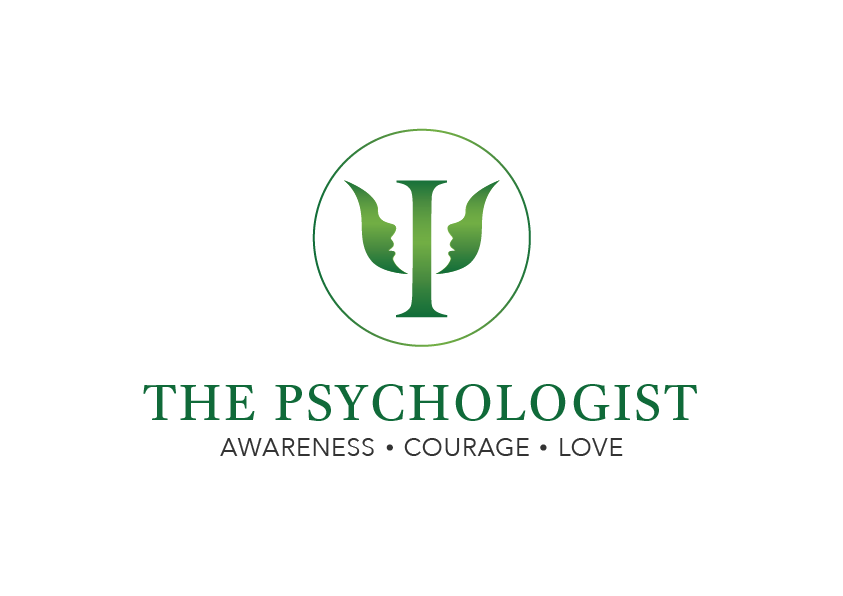Psychologists and Psychiatrists in Singapore: What’s the Difference and Who Should You See?
When struggling with emotional distress or mental health concerns, one of the most common questions people in Singapore ask is: “Should I see a psychologist or a psychiatrist?” While both professionals are committed to improving mental well-being, they offer different forms of support. Knowing the difference is the first step toward getting the right help—with awareness, courage, and love.
Different Training, Different Tools
Psychiatrists are medical doctors trained in psychiatry. In Singapore, this means holding degrees like M.B.B.S. and M.Med (Psychiatry), and being licensed by the Ministry of Health. Psychiatrists can prescribe medications, diagnose mental disorders, and use treatments such as medication, psychotherapy, or even electroconvulsive therapy when necessary.
Psychologists, on the other hand, typically hold advanced degrees (Masters or Doctorates) in psychology. Clinical psychologists are trained in understanding behaviour, emotions, and thought patterns, and help individuals cope through therapy and assessments. In Singapore, psychologists are not required to be registered by law, but many are listed on the Singapore Register of Psychologists (SRP), which upholds professionalism and standards of care.
What Do They Help With?
Both psychologists and psychiatrists work with people experiencing depression, anxiety, trauma, eating disorders, or addiction. But their approaches differ.
If you’re overwhelmed by racing thoughts, sleeplessness, or relationship struggles, a psychologist can provide structured therapy and strategies to manage these issues. If you're experiencing more severe symptoms—like hallucinations, suicidal thoughts, or a mental health condition that may benefit from medication—a psychiatrist might be the first line of support.
Often, the best care comes from collaboration. For example, someone dealing with major depression may take antidepressants prescribed by a psychiatrist while also attending psychotherapy sessions with a psychologist to work on underlying emotions and habits.
Myths and Misunderstandings
A common misconception is that psychologists are only for “milder” issues, and psychiatrists only treat “serious” disorders. In truth, both professionals support a wide spectrum of emotional and mental challenges. Another myth is that medication is a “quick fix.” While sometimes necessary, medication works best when combined with meaningful therapy.
Hope, Help, and the Right Fit
Choosing the right professional doesn’t have to be stressful. Ask yourself:
How intense is the issue? If it’s interfering with your daily life, start with a psychologist. If it’s severely affecting your functioning or includes physical or psychotic symptoms, a psychiatrist may be the better first step.
Would you be open to taking medication? If so, a psychiatrist can discuss options. If not, starting with therapy from a psychologist is a good choice.
Who do you feel more comfortable with? Trust your instincts. A safe, respectful relationship is key to healing.
Whichever path you choose, you're taking a bold first step toward better health. It takes courage to seek help, awareness to know when something’s wrong, and love—to care enough for yourself to take action.
Start your journey today. Whether you’re feeling stuck, overwhelmed, or unsure where to begin, our psychologists are here to help. Visit www.thepsychologist.com.sg to speak with a trusted psychologist.
